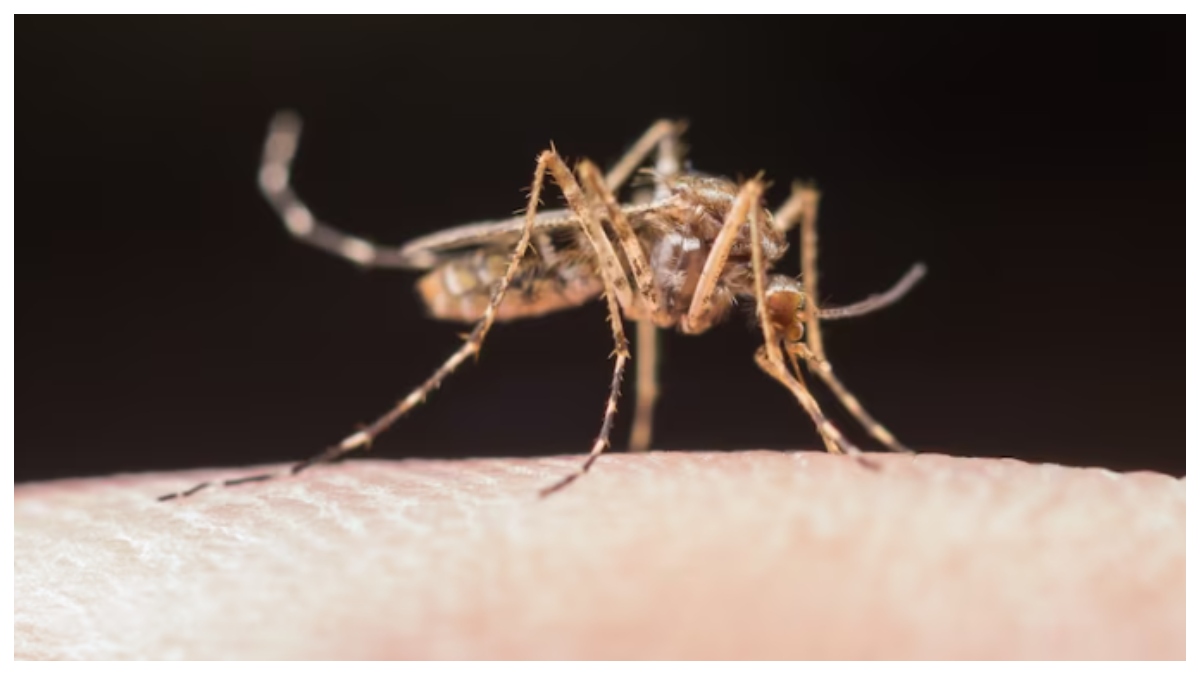SCIENTISTS have revealed a diet that allows you to eat what you want – as long as you hit certain targets.
Diets are usually miserable because you have to restrict dozens of foods, sometimes entire food groups (carbs or fat).

2
But the Pure Healthy Diet Score plan doesn’t tell you what foods to avoid, rather, the food to fill up on.
There’s no need to cut out dairy, carbohydrates, or meat, as you do with diets such as keto and Atkins, for example.
And there’s no suggestion you have to throw out your favourite treats, such as chocolate and crisps – although you’d likely be better off doing so if you’re looking to get healthier.
It’s based on a study of around 250,000 people in 90 countries in search of the most nutritious way to eat.


The goal of the diet is not weight loss, but rather the prevention of disease and death.
However, shedding some pounds may be a secondary benefit to better health, given the principles are largely in line with basic fat loss foundations.
Researchers found that eating more fruit, vegetables, nuts, legumes, fish, and whole-fat dairy was associated with lower heart disease and mortality across the world.
First author Andrew Mente, principal investigator at the Population Health Research Institute, said a healthy diet is not necessarily a ‘one size fits all’ approach.
Most read in Diet & Fitness
“We determined that a healthy diet can be achieved in a number of ways which does not necessarily require either including or excluding any specific food category – such as a moderate amount of whole grains or unprocessed meats can be part of a healthy diet,” he said.
Dr Mente believes higher rates of heart disease and early death are not necessarily due to overindulgence of meat, dairy or saturated fats but actually, under-nutrition caused by people not eating enough key food groups, The Telegraph reported.
Data showed that those in the study with the worst diets ate the lowest level of saturated fat, found in butter, lard, fatty meats and cheese.
Eating too much saturated fat is linked with a number of heart and circulatory diseases.
However, people may have gotten the wrong message to cut saturated fat down as low as possible, when recent evidence suggests benefits for the heart.
These people also ate high carbohydrates and little red meat or poultry.
How to follow the diet
To follow the plan, you simply need to eat the correct number of servings per week of a number of food groups.
For example, the experts advise eating two portions of dairy a day, whether that be a serving of milk or yoghurt (one cup/225ml roughly) or a serving of cheddar cheese (42g).
You score one point for each target you hit per week. For example, one point if you eat seven portions of nuts per week.
The intakes are based on averages taken from the healthiest people in the study, who had the lowest risk of heart problems and stroke.
Compared with the least healthy diet (score of 1 or less), the healthiest diet (score of 5 or more) was linked with a 30 per cent lower risk of death, 18 per cent lower likelihood of cardiovascular disease, 14 per cent lower risk of heart attack and 19 per cent lower risk of stroke.
The diet is roughly comprised of 56 per cent of energy from carbohydrates, 27 per cent from fats and 17.2 per cent from protein.
EVERY DAY
1 point for 2-3 portions of fruit, 1 point for 2-3 of veg: 4-5 servings of fruit/vegetables a day (560g a day)
1 point: 2 servings of dairy products a day (e.g 42g of cheese or a cup of milk)
1 point: 1 serving of nuts a day (28g)
Optional:
1 serving of whole grains (slice of wholegrain bread, 125g of brown rice, barley, quinoa)
1 serving of unprocessed meat (85g of beef or chicken)
EVERY OTHER DAY
1 point: 2-3 servings of fish per week (85g)
1 point: 3-4 servings of legumes per week (half a can of beans/lentils)
The main principles in detail
The diet is similar to the Mediterranean diet, often described as the “most healthy in the world”.
The healthiest diets of those in the study comprised of 56 per cent of energy from carbohydrates, 27 per cent from fats and 17.2 per cent from protein.
More plant-based protein
Potentially the most challenging aspect of the plan is to eat more plant-based foods in the form of legumes.
These include lentils, chickpeas and kidney beans.
Legumes are low in calories but high in protein and fibre – both of which are great for weight management.
Fibre is also preventative of diseases such as bowel cancer, heart disease and type 2 diabetes, the NHS says.
But you can still eat meat – 85g roughly per day, which is around the size of a small chicken breast.
Fish
Many studies that look at people’s diets and their health over decades suggest that eating fish can prevent heart attacks, strokes and heart disease.
It’s thought that omega-3 fatty acid is the key ingredient, with benefits also extending to the brain, and potentially preventing age-related brain diseases.
Wholegrains
The plan doesn’t cut out grains or “carbs”.
But it does suggest a moderate optional serving per day of wholegrains, such as brown rice or brown bread.
Wholegrains contain more nutrients than the processed forms.
They help control cholesterol levels, weight and blood pressure, and may also help lower the risk of diabetes, heart disease and other conditions, according to the Mayo Clinic.
Whole dairy and fat
The diet also encourages the consumption of high-fat dairy, such as whole milk, which goes against trendy low-fat diets of the 90s and current guidelines, including those from the NHS, which largely says to opt for foods like “reduced-fat hard cheese”.
“This is in keeping with modern nutrition science showing that dairy, particularly whole-fat, may protect against high blood pressure and metabolic syndrome,” said Dr Mente.
Evidence is starting to emerge that, despite their saturated fat content, dairy foods like milk, cheese and yoghurt have a neutral or even positive effect on the heart, according to the British Heart Foundation.
“They could also help reduce your risk of type 2 diabetes and blood pressure, which can both increase the chances of having a heart attack or stroke,” it says.
Nuts every day
Nuts are a powerhouse of nutrients and have repeatedly been linked to health in older age, weight loss and fertility.
But many diets may warn against eating them because they are calorie dense.


Just a small portion (28g) per day, as a snack or thrown onto a salad or morning oats, is enough to reap the benefits, according to this diet.
The researchers said to focus on tree nuts, which include almonds, Brazil nuts, cashews, hazelnuts, pecans, pistachios and walnuts.

2







































